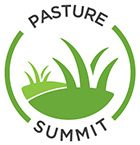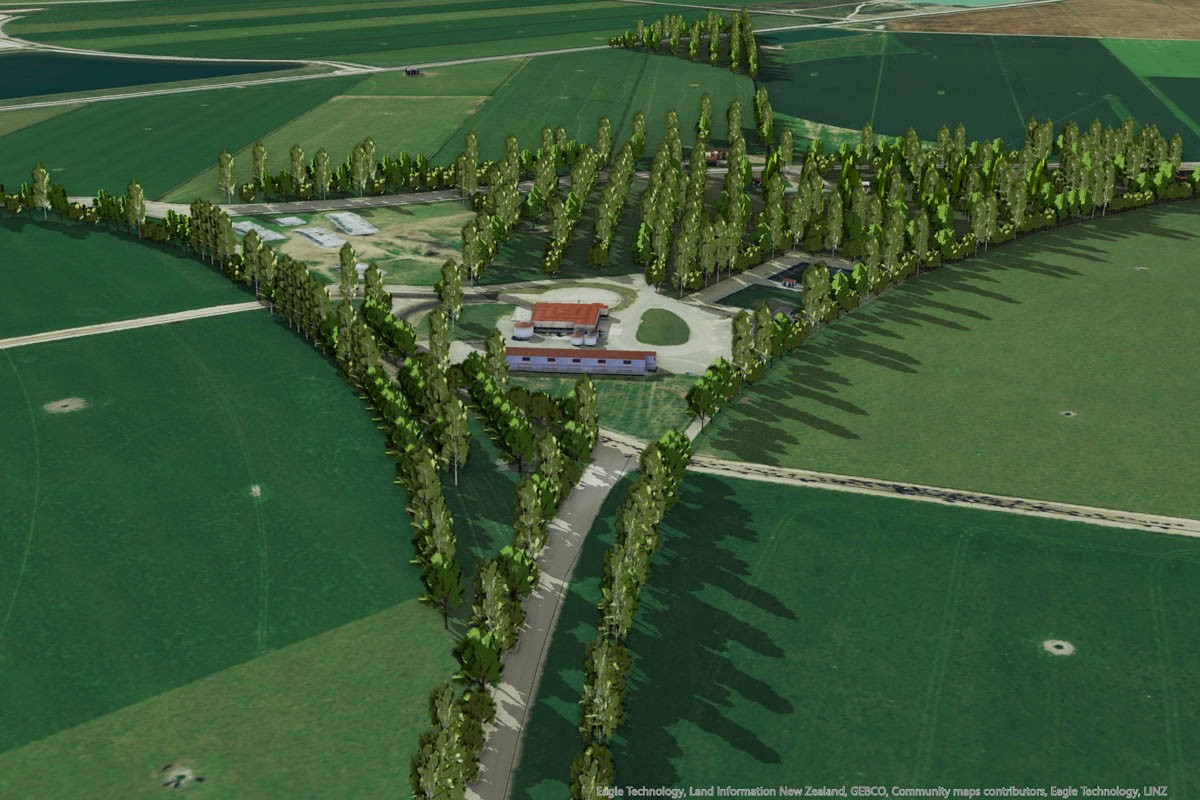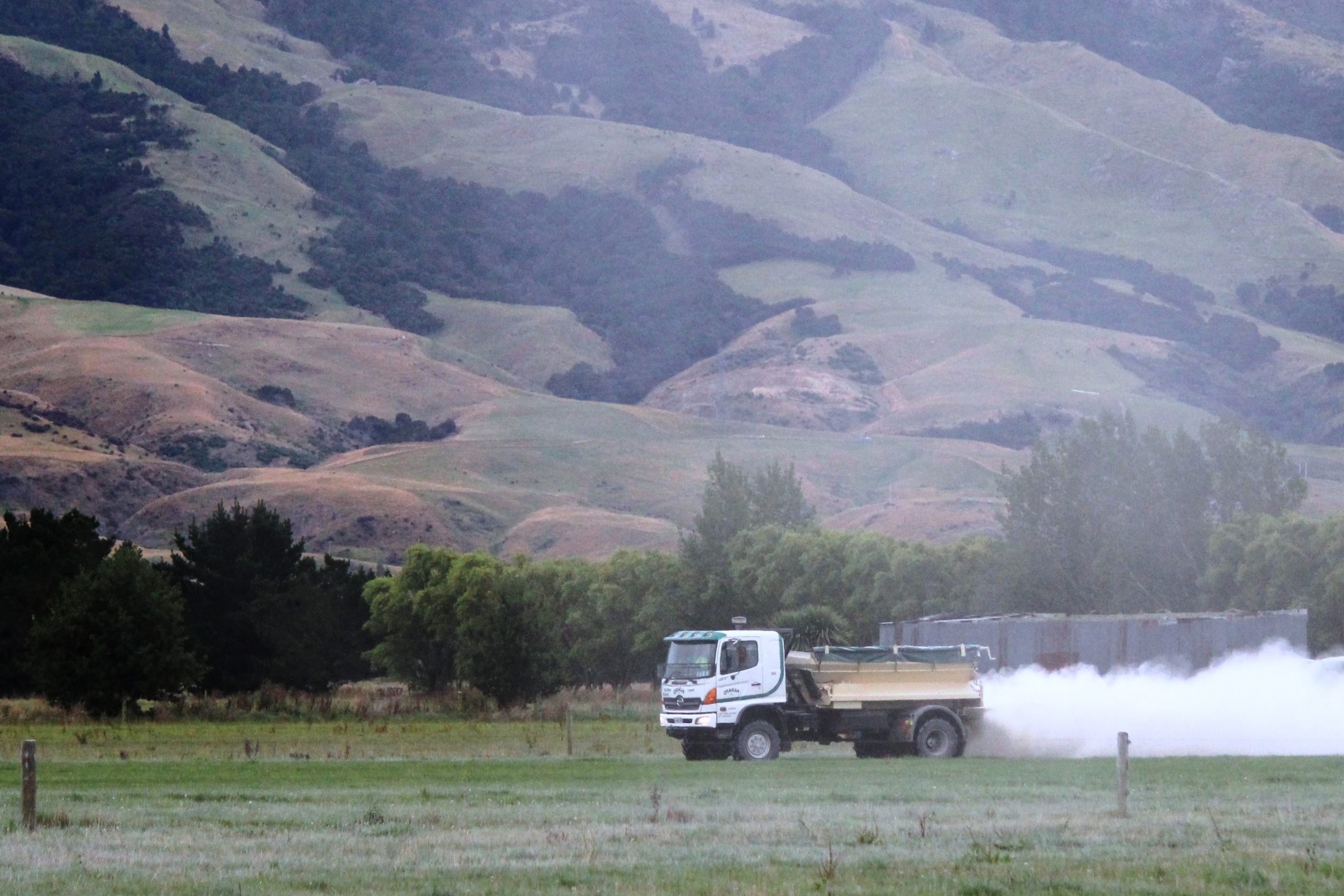By Anne Hardie
Multinational companies now talk about sustainable sourcing rather than simply responsible sourcing which means rebuilding nature from water through to biodiversity.
That was the message at the Pasture Summit from Robert Erhard who heads corporate agriculture at Nestle and is president of the executive committee of Sustainable Agricultural Initiative Platform.
He says there has been a shift in society from wanting to know how farmers produce their food, to the impact their systems have on nature.
Pasture systems were natural systems, but farmers still needed to think about the inputs on their farm as well as the biodiversity and how to build that up.
“How you nurture them and how can you help capture evidence of how you are driving that forward,” he said. “You are doing a lot of things right, but let it be captured and let it be shared that you are in a regenerative form of agriculture.”
The entire dairy industry needed to move toward low-carbon farming or net zero which he said was possible, albeit with challenges. That meant a more natural form of agriculture that was more resilient to the changing weather conditions and had the agility to keep on producing when the weather became unpredictable.
More and more policies would come because it required a transformation of the production system. For some, that transformation would be challenging, he said.
Animal welfare is an area increasingly analysed and he said the industry needed to find concrete definitions to portray animal welfare because society often had an anthropomorphic approach to animals – they ascribe human attributes to animals.





